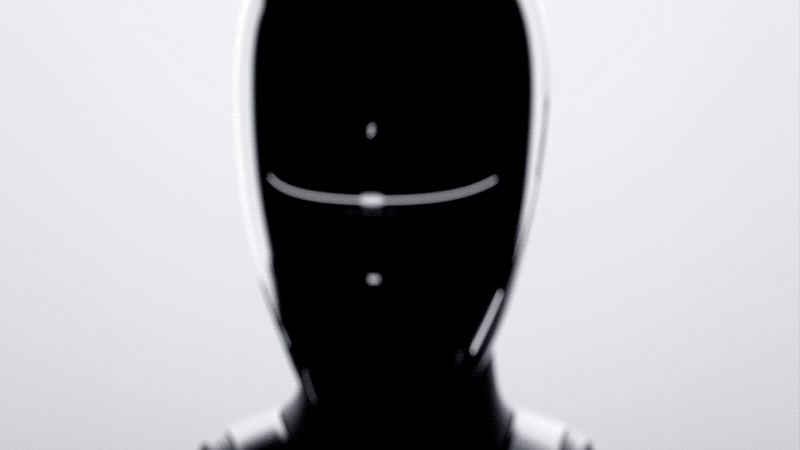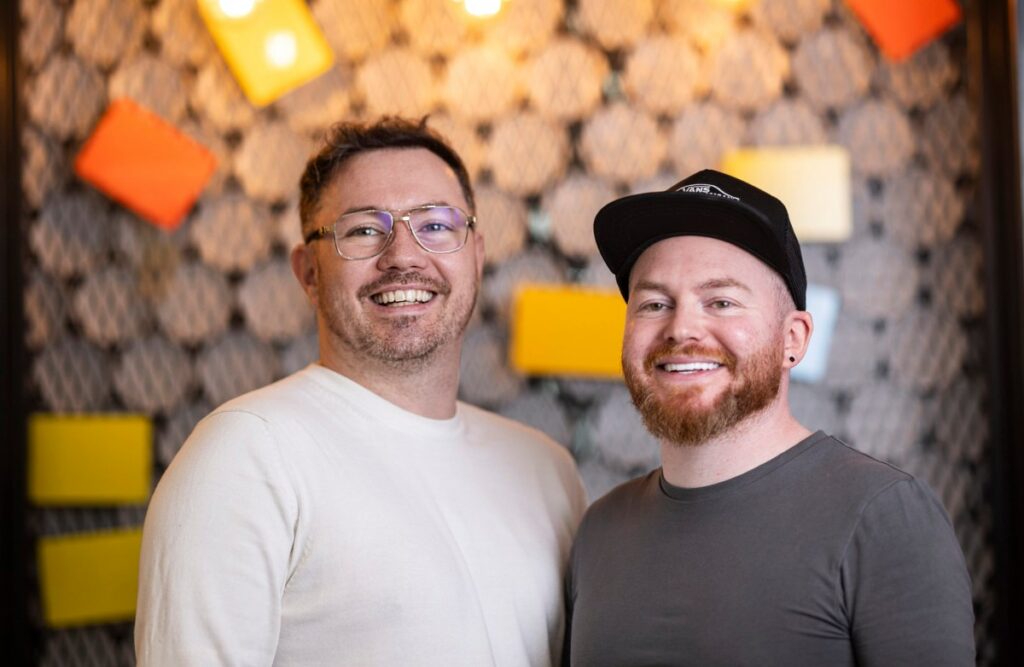Figure has unveiled its latest humanoid robot, the Figure 02. The system is — and its name helpfully suggests — the successor to the Figure 01 robot unveiled in 2023. An initial teasr video is similar to those we’ve seen from other humanoids, echoing consumer electronics product videos, rather than a raw demo of the robot in action.
Another video released Tuesday showcases the robot’s slow, bent leg gait across the floor of what looks to be the demo area constructed in the middle of Figure’s offices. Another two robots appear in the background, carting totes — the biggest out-of-the-box application for most of these humanoids.

The most notable addition this time out arrives by way a longstanding partnership with OpenAI, which helped Figure raise a $675 million Series B back in February, valuing the South Bay firm at $2.6 billion.
The mainstream explosion of neural networks has been enticing for the robotics industry at large, but humanoid developers have taken a particular interest in the technology. One of the form factor’s key selling points is its ability to effectively slot alongside human co-workers on a factory floor — once the proper safety measures are in place, of course. Figure 02 is outfitted with speakers and microphones to speak and listen to people at work.

Models like ChatGPT and Google Gemini have been prized for their natural language capabilities, ushering in a new area of smart assistants and chatbots. Outfitting these systems with such capabilities is a no-brainer: Doing so helps humans instruct the robots, while at the same time adding a level of transparency to what the robot is doing at any given time.
Communication like this is double important when dealing with humanoid robots, as the systems are designed to wander freely without a safety cage. Despite their human-like design, it’s important not to lose sight of the fact that they’re still, big, heavy and potentially dangerous pieces of moving metal. Combined with vision and proximity sensors, speech can be an important safety tool.
Figure certainly isn’t alone in this work. Late last year, Agility showcased the work it’s been doing to leverage generative AI for improved human-robot communication. The use of neural networks was a key focus for Google’s Everyday Robots team before it was shuttered. Elon Musk, meanwhile, is ostensibly in charge of both Grok AI and Optimus — two projects that will no doubt dovetail sooner than later.
For its part, OpenAI has hedged its bets a bit in the category. Prior to its Figure investment, the GPT firm backed Norwegian firm 1X. Over the past year, however, Figure has become far buzzier in the industry. Its aforementioned Series B also included other top tech names like Microsoft, Amazon, Nvidia and Intel Capital.

Figure recently began pilots with BMW. In June, the company debuted a video showcasing an earlier, tethered version of the robot autonomously performing tasks on the floor, with the help of neural networks.
The company notes that the 02 robot has already paid a visit to the automaker’s Spartanburg, South Carolina, facility for training and data collection purposes. We’re still very much in the early stages of these partnerships. Agility, Apptronik and Sanctuary AI have announced similar pilots with carmakers. Working on Teslas has been a key focus for Optimus since before it was Optimus, and Boston Dynamics-owner Hyundai has its sights set for humanoids in its own factories.
Communication is one piece of what Figure is referring to as a “ground-up hardware and software redesign” between 01 and 02. The list also includes six RGB cameras, coupled with an onboard visual language model, improved CPU/GPU computing, and improved hands, with 16-degrees of freedom.
Hands have been their own hot button topic in the humanoid robot world. There are differing opinions regarding how closely designers should hew to their human counterparts.
There’s a lot to be said for the nimbleness and dexterity of our appendages, though human-inspired hands have been criticized for their delicacy and a perceived over engineering. Figure, for its part, has been dedicated to using humanlike hands as its system’s end effectors.
We don’t have a timeline for a wider Figure 02 rollout, though the company is hinting at a broader future outside the warehouse/factory floor. “Figure’s robot combines the dexterity of the human form with advanced AI to perform a wide range of tasks across commercial applications and, in the near future, the home,” the company writes.


